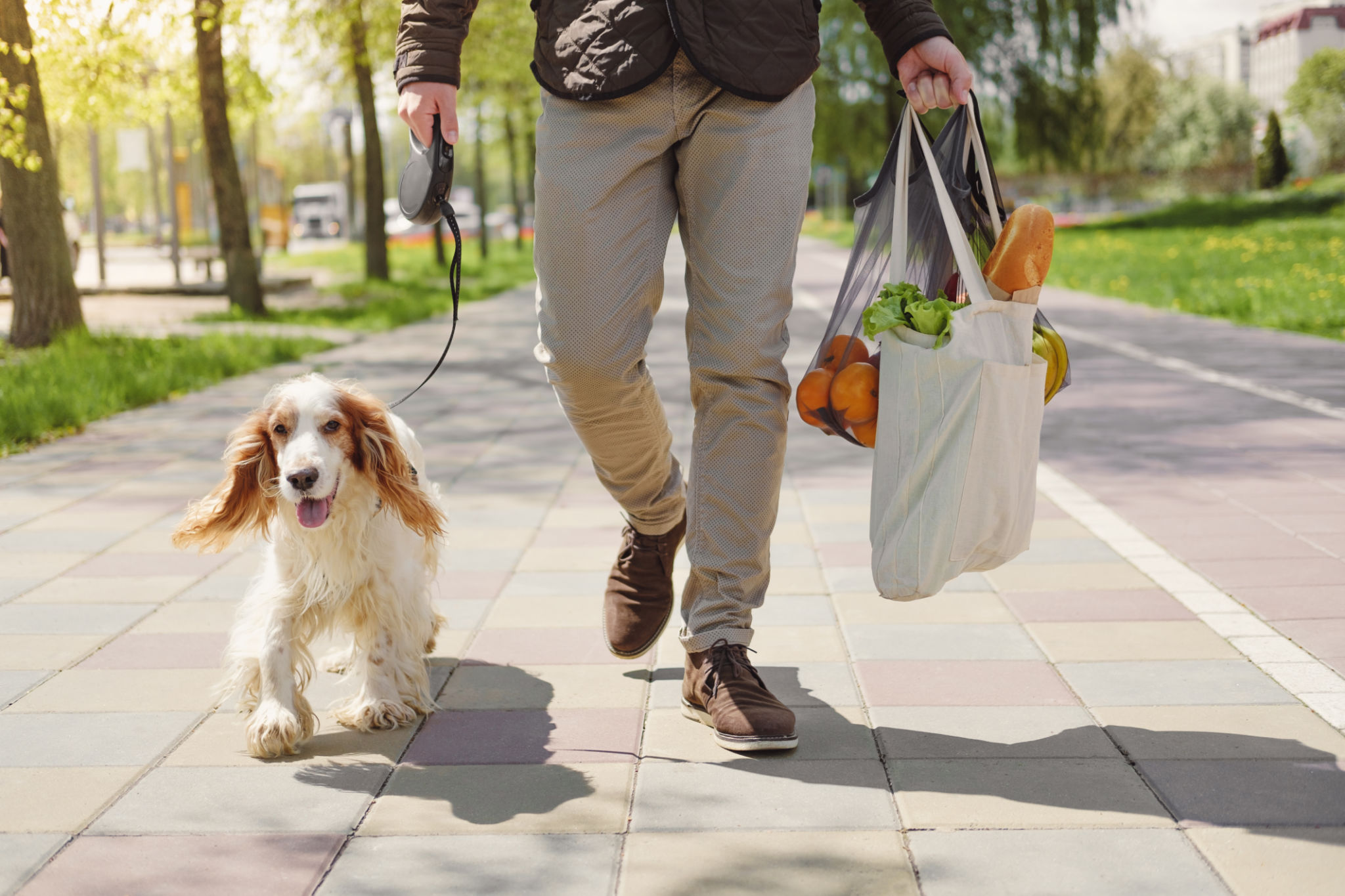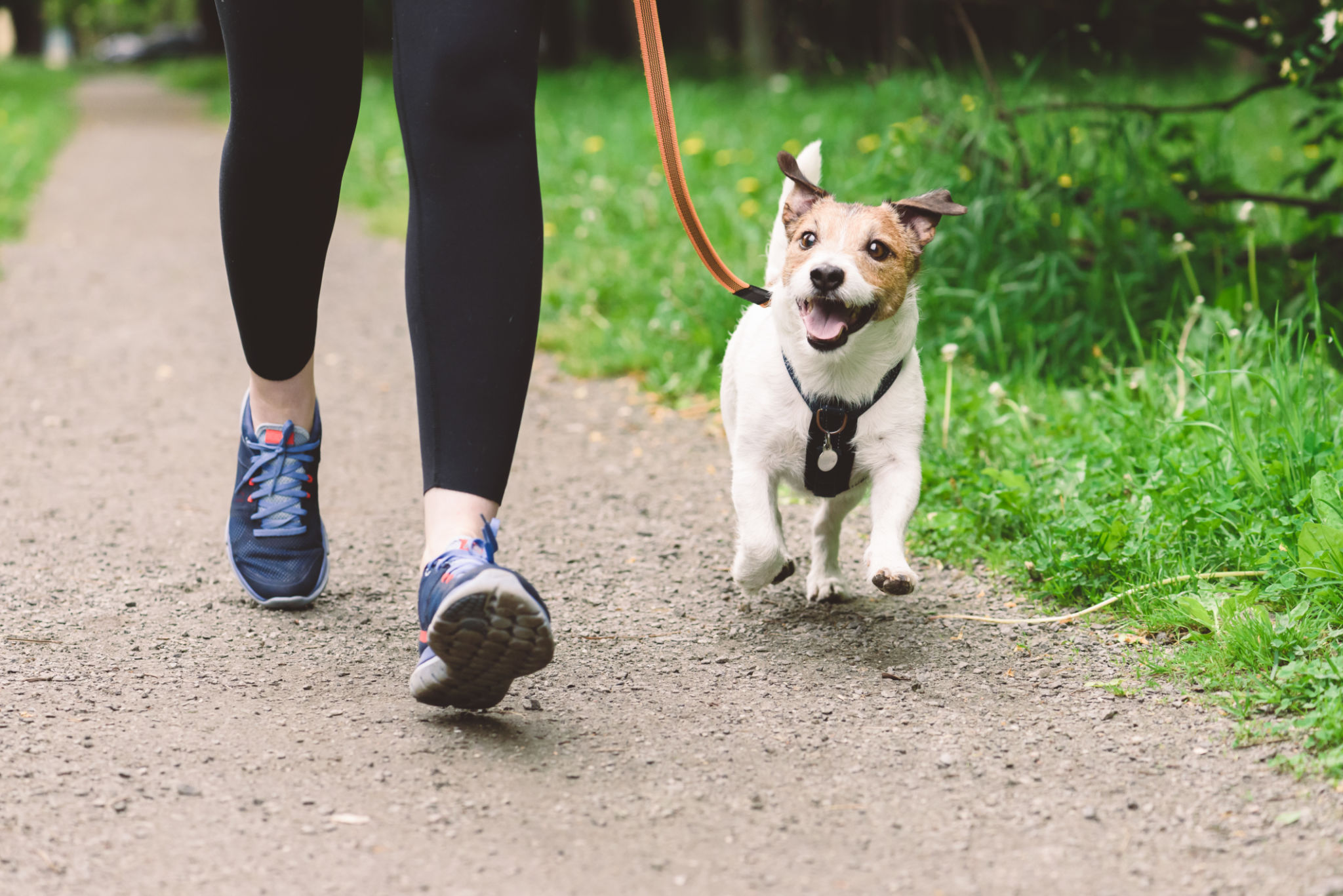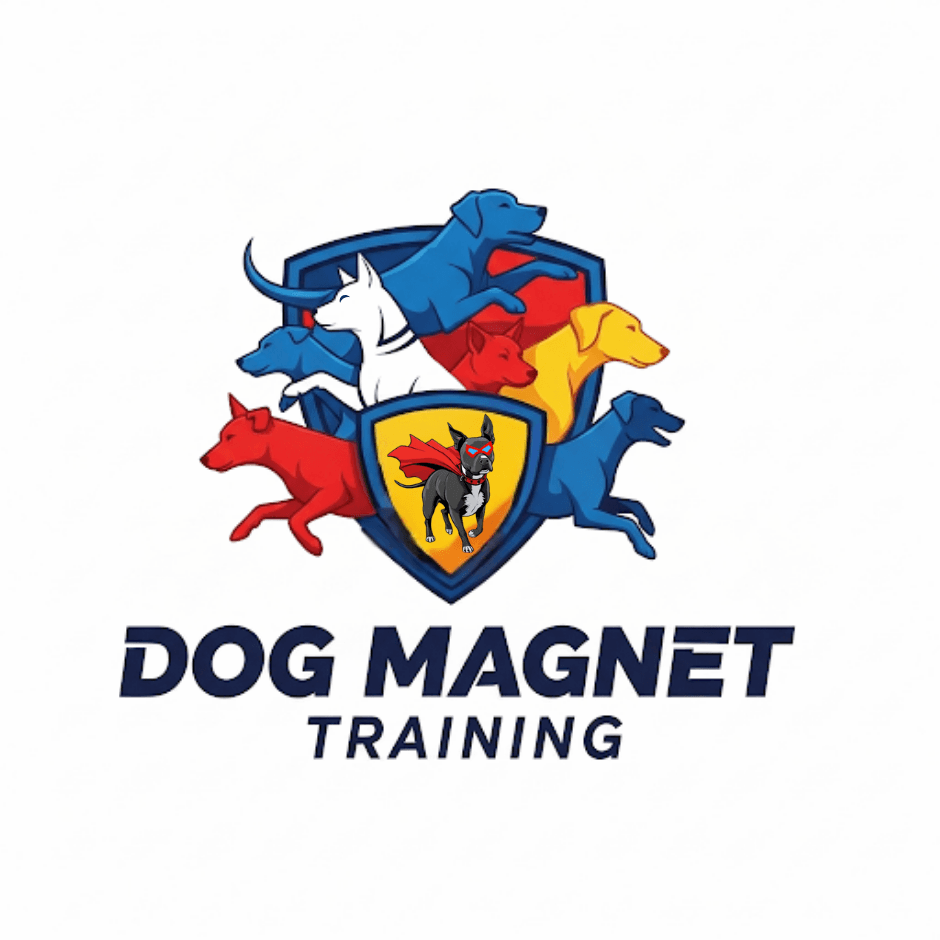Overcoming Common Dog Training Challenges in Urban Environments
Understanding the Urban Environment
Training a dog in an urban environment can present unique challenges not typically found in rural or suburban settings. The hustle and bustle of city life, with its constant noise, crowded streets, and limited open spaces, can make training seem daunting. However, with the right strategies, you can help your dog thrive in an urban setting.

Addressing Noise Sensitivity
One of the most common challenges is a dog's sensitivity to noise. City sounds, such as honking horns, construction noise, and sirens, can be overwhelming. To help your dog adjust, gradually expose them to these sounds during training sessions. Start with low-volume recordings and slowly increase the volume as your dog becomes more comfortable. Pair this exposure with positive reinforcement to build a positive association with the sounds.
Managing Distractions
The urban environment is filled with distractions that can make it difficult for your dog to focus. From other animals to bustling pedestrians, maintaining your dog's attention is crucial. Use high-value treats and rewards to keep your dog's focus on you. Consistent practice of commands like "look" or "watch me" can help your dog learn to prioritize your cues over environmental distractions.

Creating a Safe Space
In a city setting, finding safe spaces for training can be challenging. Parks may be crowded, and sidewalks are often busy. Look for quieter times to train, such as early mornings or late evenings when streets and parks are less crowded. Additionally, consider utilizing rooftops or community centers that offer pet-friendly areas.
Leash Training Essentials
Proper leash training is essential in an urban environment where crowded sidewalks and traffic are common. Teaching your dog to walk calmly on a leash can prevent pulling and potential accidents. Start by using a short leash in low-distraction environments before gradually introducing more challenging settings. Consistent practice and positive reinforcement are key.

Socialization in the City
Socializing your dog is crucial for their well-being and adaptability. In urban areas, this means exposing them to various people, pets, and situations. Arrange playdates with other dogs in controlled environments or attend local dog-friendly events to enhance their social skills. Always observe your dog's comfort level and proceed at their pace.
Handling Limited Space
Lack of space is a common issue in urban areas, which can limit the opportunity for exercise and play. Creative solutions include utilizing nearby dog parks, engaging in interactive games indoors, or enrolling your dog in agility classes offered by local training centers. These activities can provide both physical exercise and mental stimulation.
Staying Consistent and Patient
Consistency and patience are vital when overcoming urban training challenges. Your dog may require more time to adjust to the fast-paced environment, so it's important to maintain a steady routine and not rush the process. Celebrate small victories and remain positive throughout the training journey.
While training in an urban environment has its challenges, the rewards of having a well-adjusted city-savvy dog are worth the effort. With perseverance and the right approach, you can successfully navigate the unique landscape of urban dog training.
